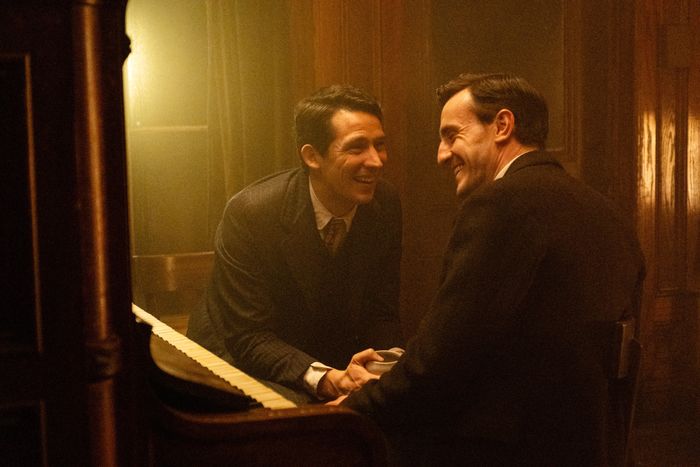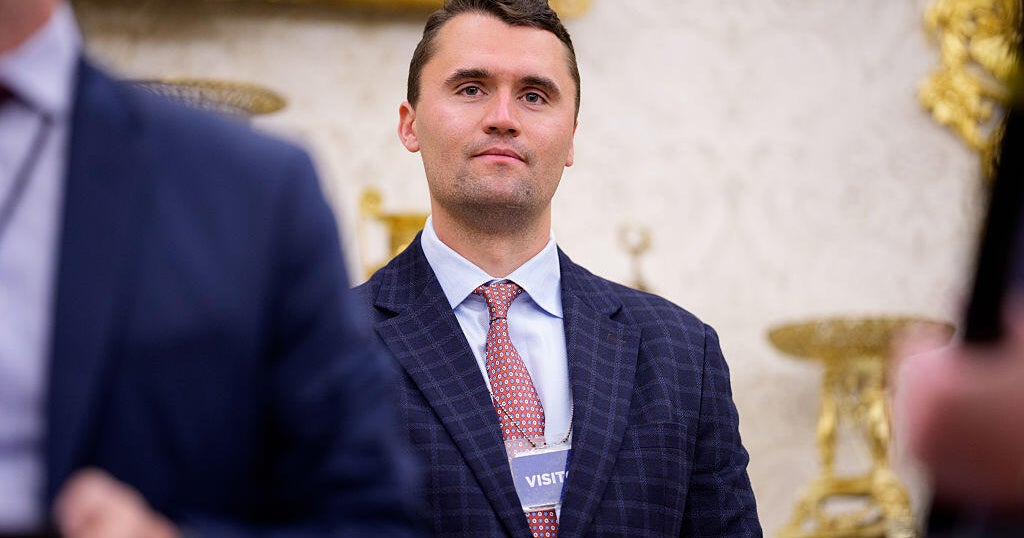
Photo: wen Capistran/Focus Features/Everett Collection
At Cannes, where The History of Sound had its premiere, star Paul Mescal described the comparisons being made between his period romance and Brokeback Mountain “lazy and frustrating.” To have your film automatically placed up against the landmark gay love story of the millennia has to be aggravating, but with all due respect to the actor: Come the fuck on. The History of Sound, which was directed by Oliver Hermanus and based on a pair of short stories by Ben Shattuck (who also wrote the script), is, like Brokeback, a queer romance starring two of our hottest rising stars. Like Brokeback, it’s a film about characters who are forever marked by an Edenic stretch of time together in nature, and whose later experiments with more societally approved paths can’t compare to what they had in that interlude. It’s about lovers who spend far less time together than they do apart, and, even more than the Ang Lee film, it’s about longing that’s eventually represented in a physical totem. The difference is that The History of Sound is so relentlessly subdued that it treats that longing more as a theme than as an emotion someone might actually feel. It’s shockingly cool to the touch for a romance, its characters — men more comfortable talking about music than about what’s going on inside them — only seeming to register their feelings on time delay.
Mescal plays Lionel Worthing, a farm boy from Kentucky whose bolt-from-the-blue vocal talents secure him a place studying at the New England Conservatory of Music in 1917. There he meets David White (Josh O’Connor), a composition student from an urbane transatlantic background who nevertheless shares Lionel’s reverence for old folk songs passed through generations, migrating from forests in England to American firesides. It’s obvious that the two are kindred spirits even before David, who has an eidetic memory for music, coaxes Lionel into singing one of the rare tunes that he doesn’t already know. As Lionel, standing in the middle of the bar they both frequent, launches into “Silver Dagger,” David first accompanies him with a few carefully placed chords on the piano, then sits back, overcome by the performance and the person giving it.
That they’ll end up in bed feels, from that moment, inevitable, though they only get what Lionel sums up as “a handful of nights in one season” together before the war intervenes, dragging David to the front and Lionel is banished back to the rural existence from which he’s come. They do manage to see each other again, though, a year or so later on a trek through Maine, where David’s gotten a position at a university, capturing songs for what he frames as a research expedition for the music department. They tramp through the woods and curl up together in a tent at night, and in between, they coax residents of the communities they pass through into allowing their voices to be recorded using the latest technology of wax cylinders that capture the vibrations of sound through the air. It’s an idyll neither entirely returns from.
Hermanus, a South African filmmaker best known for his Kazuo Ishiguro–scripted 2022 remake of Akira Kurosawa film Ikiru, thrives on restraint, and The History of Sound has a muted beauty that isn’t staid, but that does strive to signal tastefulness with strenuousness that’s distracting. When Lionel sits with his mother (Molly Price) in their farmhouse at night, the tableau of their faces in the dark looks like something from one of the Dutch masters. By the time he’s wandering around the massive country pile of the aristocratic woman he started dating at Oxford, and it looks about the same, the hushed visuals feel less like a choice — say, a way of conveying the world away from his love — and more like the cinematic equivalent of quiet luxury. Similarly, being withholding isn’t just a quality of its storytelling, but a way the film tries to create a sense of meaning. Periodic voice-over offers peeks into Lionel’s head, but Hermanus prefers to let the character, through whose perspective the film unfolds, spend most of his time in contemplative silence, leaving blank spaces we’re invited to fill in with richer emotional grappling than we’re given onscreen. Mescal, fetching in wire-framed glasses, gives an intensely circumspect performance, but for the second half of the film, in which he makes his way from Italy to England and then back to Kentucky, he feels like the straight man of a comedy duo being asked to hold the stage alone.
Like Lionel, The History of Sound becomes stuck on its youthful interlude, a period that’s more alive than everything that comes next, and that’s also, less successfully, presented as a mystery to be solved. David looks like the more open of the two, played by O’Connor with a furrowed brow and an almost pained expression whenever he regards his lover. But it’s Lionel, in his modest way, who is always reaching out for more and getting gently rebuffed by David, who sees his path as already set. Those early scenes with them together, Lionel always following David’s lead and trying to figure out what’s on his mind, are more alive than anything else the film has to offer, until its very end, when it skips ahead to 1980, giving us a wonderfully unexpected needle drop and Chris Cooper as an older Lionel, finally getting some closure. Those bookending sequences, the start and the finish, are the only ones The History of Sound fully inhabits, while in all the others it plays coy, holding back for no particular reason than that it offers the illusion of sophistication.
Source link


